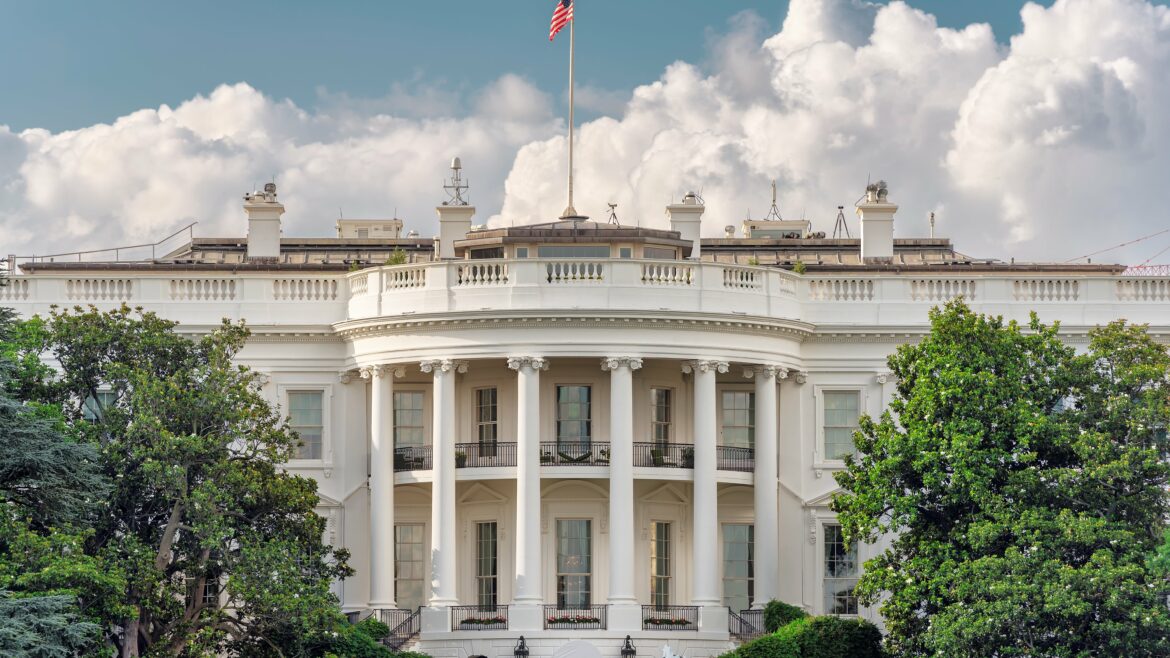The Biden Administration announced on Monday that it would be proposing a new set of rules meant to save consumers both time and money, in the aptly named government-wide effort, “Time and Money.” While the new measures seem to touch on a number of industries and practices, including ease of access for members to cancel subscriptions as easily as they sign up for them (i.e. not requiring them to cancel in person, on the phone, or via mail if they can sign up online), requiring airlines to automatically refund tickets when a flight is changed or canceled, and the ability to submit health insurance claims online, it also laid out new rules that could potentially affect credit unions.
This move is the latest in the Biden Administration’s attempts to ease the burden of consumers and put more money back in their pockets, following on the heels of its new regulations on “junk fees” and proposed credit card late fee limits.
“In addition to robbing hardworking families of their valuable time and adding frustration to our daily lives, these hassles cost us money. When, after endless hours on hold or piles of incomprehensible paperwork, we give up pursuing a service, rebate or refund we’re due, we take a hit to our pocketbooks, and companies profit,” the Administration wrote.
The new efforts will be put into place over the next few months. Of the seven proposed rules, three specifically reference financial institutions and/or have the potential to impact credit unions, specifically:
- Cracking down on customer service “doom loops;”
- Ensuring accountability to companies that provide bad customer service; and
- Taking on the limitations and shortcomings of customer service chatbots.
Under the Consumer Financial Protection Bureau (CFPB), these three measures of the new law would require financial institutions to create a simple and easy way for members to bypass any potential chatbots, AI, or any automated responses in order to directly talk with a human in a single button press. This will keep consumers out of so-called “doom loops” intended to exhaust the consumer and encourage them to drop their complaints.
“Too often customers seeking assistance from a real person are instead sent through a maze of menu options and automated recordings, wasting their time and failing to get the support they need. In a recent survey, respondents said that being forced to listen to long messages before being permitted to speak to a live representative was their top customer service complaint,” said the Administration.
Additionally, the CFPB will also be cracking down on AI chatbots that it deems “ineffective” or that it feels are made with the intention of wasting time and keeping customers from receiving the customer service they require. These chatbots, it notes, are often lacking in abilities and have been known to provide incorrect information that can lead to member confusion (such as Air Canada’s infamous chatbot incident). The CFPB plans to ensure that chatbots are not used as a means to prevent consumers from getting real customer service.
According to the information sheet, “While chatbots can be useful for answering basic questions, they often have limited ability to solve more complex problems and disputes. Instead, chatbots frequently provide inaccurate information and give the run-around to customers seeking a real person. The CFPB is planning to issue rules or guidance to crack down on ineffective and time-wasting chatbots used by banks and other financial institutions in lieu of customer service. The CFPB will identify when the use of automated chatbots or automated artificial intelligence voice recordings is unlawful, including in situations in which customers believe they are speaking with a human being.”
Finally, the administration will also be taking measures to ensure that companies, including financial institutions, cannot suppress negative reviews, add fake reviews, or pay for good reviews (it does not currently say whether incentives, such as contests, rebates, etc. are considered to be paying for good reviews).
“People shopping for products or services should be able to rely on customer reviews to assess which companies will provide streamlined service and not waste their time. The FTC has proposed a rule that, if finalized as proposed, would stop marketers from using illicit review and endorsement practices such as using fake reviews, suppressing honest negative reviews, and paying for positive reviews, which deceive consumers looking for real feedback on a product or service and undercut honest businesses,” the facts sheet added.
As these new rules roll out in the coming months, we can expect more details on each rule—such as what qualifies and what does not—details on enforcement, and specific rollout dates. To learn more, you can find the entire fact check sheet from the White House here.






























































